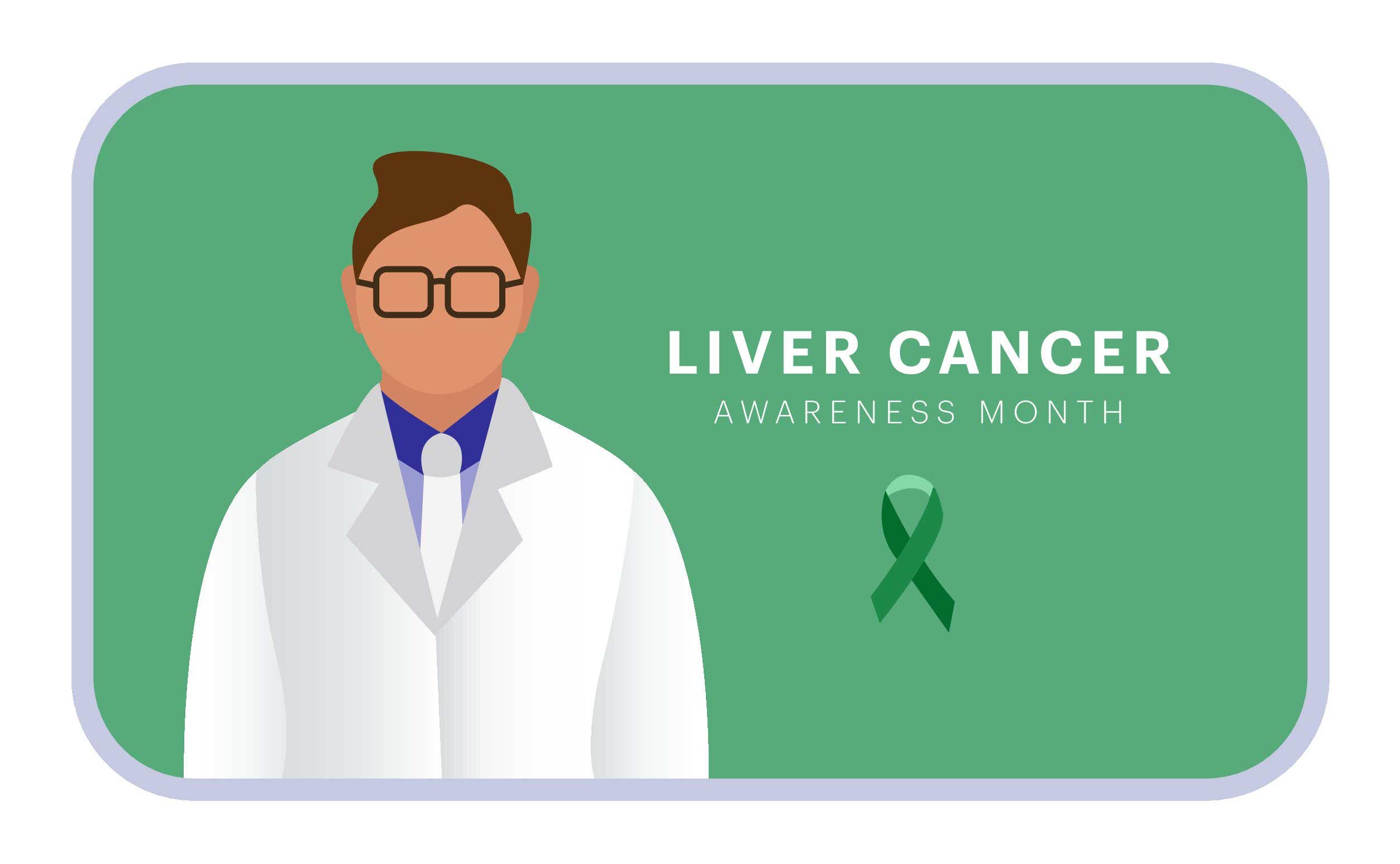Clement Yu was at high risk for developing liver cancer, but didn’t know it. That is, until a routine test when he donated blood revealed that he was a carrier for Hepatitis B, a chronic condition that made him much more likely to get the disease.
Liver cancer is often stereotyped as something only alcoholics need to worry about, but more than 40,000 Americans learn they have liver cancer each year, and more than 30,000 die annually from the disease. Within the next two decades, liver cancer is predicted to become the third leading cause of cancer death in the United States, surpassing prostate, breast, and colorectal cancers.
Liver cancer is deadly because of the way in which the disease progresses — silently.
“There are no pain fibers within the liver,” said Dr. Lewis Roberts, a Mayo Clinic gastroenterologist and liver cancer specialist. “So a person can develop a cancer in the liver and have it grow to quite a large size without having any symptoms at all.”
Up to 85 percent of liver cancers diagnosed are hepatocellular carcinoma, commonly referred to as HCC. In the United States, HCC has been linked to cirrhosis, a condition where scar tissue slowly replaces healthy liver tissue over time and makes it harder for the liver to do its job. Cirrhosis has a number of potential causes, including viral infections, heavy alcohol use, fatty liver, and some rare genetic conditions.
Medical experts recommend routine HCC surveillance for all people with cirrhosis and for select patients with chronic Hepatitis B.7 Taking this step can be life-changing, since early-stage detection of HCC can increase five-year survival rates from less than 12 percent to upwards of 70 percent. But sadly most cases are detected in late stages when treatments that could cure the disease may no longer be an option. Many people aren’t aware when they’re at an elevated risk of developing HCC.
Clement lived with Hepatitis B for a few decades before a flare-up in 2017 following chemotherapy treatments for lymphoma put him in the hospital. “They put me on the liver transplant list,” he said. “There's a concern that the flare-up and the lingering presence of Hepatitis B will continue to stress my liver.”
An estimated 3 million Americans are eligible for HCC testing, but only one in three in that group get the recommended testing. The current standard of care for HCC surveillance is visual monitoring of the liver via ultrasound (with or without an alpha-fetoprotein blood test) every six months. These methods have variable performance for detecting early-stage disease and may require multiple appointments to complete, which can be an obstacle for some patients to fit into their schedule.
Earlier this year, Exact Sciences introduced a blood-based test it developed in collaboration with Mayo Clinic called the Oncoguard™ Liver test. The hope's that the test will simplify surveillance by offering a single, convenient, high performing test — or by removing some of the barriers with today’s surveillance methods.
“Better performing blood-based tests could substantially improve the detection and treatment of liver cancer in this country,” said Dr. Roberts.
Newly published clinical data shows that the Oncoguard™ Liver test delivers 82% sensitivity for early-stage HCC detection. This is better than current blood-based testing methods available7, 13 and highlights the potential for new tests to significantly help advance early-stage HCC detection.
The Oncoguard™ Liver test is currently available through health care providers participating in an early-access program designed to familiarize them with the test and its patient engagement program. Exact Sciences is collecting performance data to further support broad usage of the test and commercial health insurance coverage. The company also recently submitted information to the federal government in the hopes of getting the test covered by Medicare.
This new testing option is especially meaningful for Clement, who also works for Exact Sciences. “Being a cancer survivor, I know the value of early detection,” Clement said. “Making testing simpler is really helping lives change.”
After responding to medication and treatment, Clement is off the transplant list and engaged in ongoing testing every six months to monitor his liver health. “You’re only as good as your last surveillance test,” said Clement.
The Oncoguard™ Liver test identifies biomarkers associated with HCC. A positive Oncoguard™ Liver test should be followed with a conventional diagnostic work up. To learn more about the Oncoguard™ Liver test visit www.OncoguardLiver.com.









